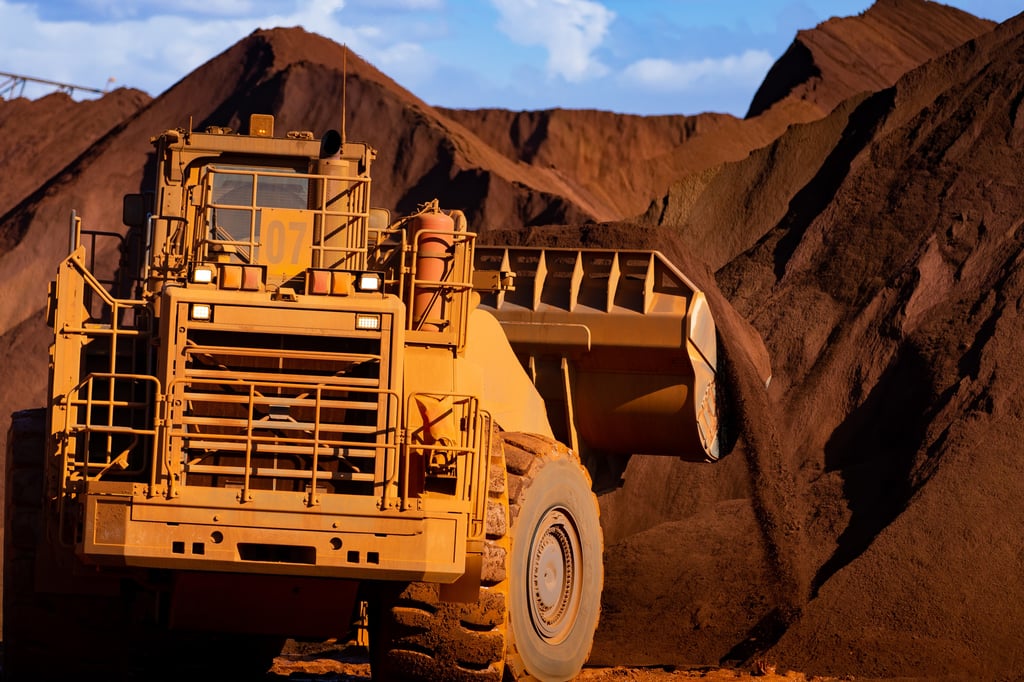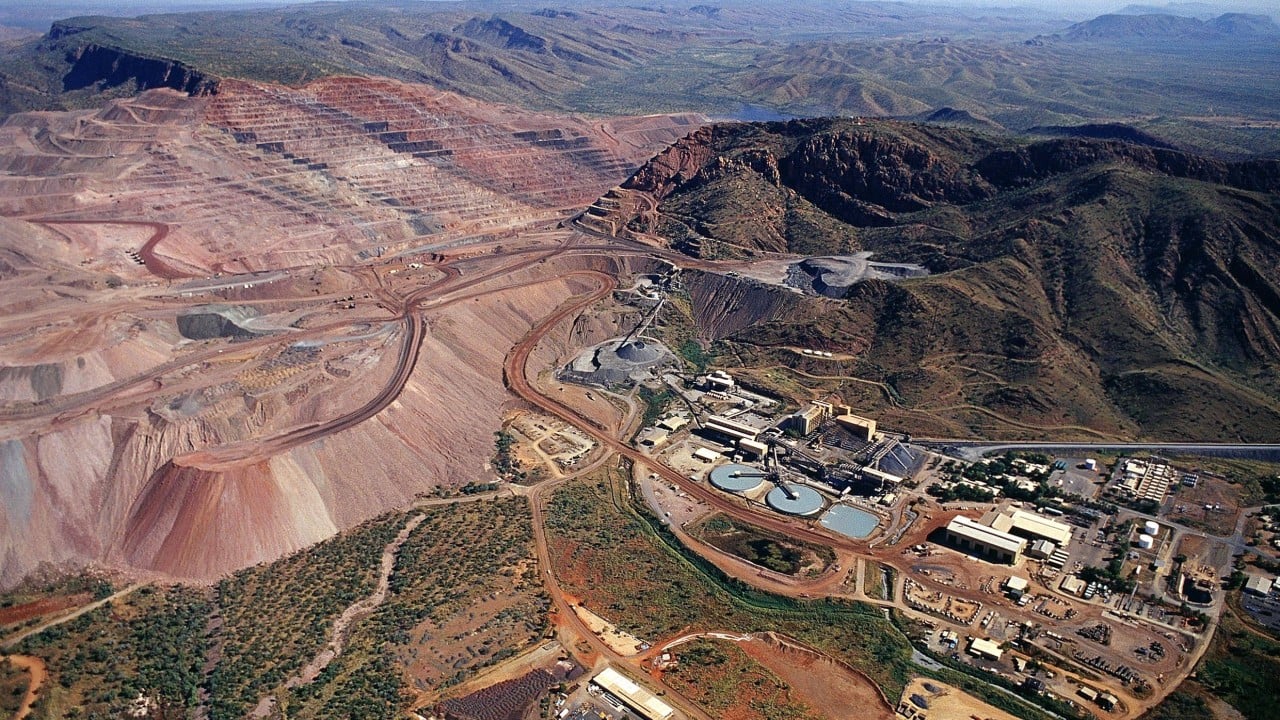Australia’s reliance on natural resources to fuel its growth may be nearing a breaking point as a shifting global economy exposes the country’s failure to reinvest its mineral wealth into long-term prosperity, leaving average citizens worse off now than 10 years ago.
Advertisement
“Yes, we charge company tax and levy royalties for minerals, but we have been very generous to [resource extraction] companies,” Greg Jericho, chief economist at the Australia Institute, told This Week in Asia. “[But] we have very little to show from the sale of our natural resources.”
Once buoyed by the rapid growth of Japan and China’s surge into 21st-century prosperity, Australia now faces an uncertain future as Beijing shifts its focus from resource-intensive urban growth to high-tech manufacturing, weakening demand for the country’s mineral commodities, whose exports have underpinned Canberra’s economy.
Often referred to as a “nation builder”, mining has for decades been Australia’s largest export income earner: last year it generated a record A$455 billion (US$306 billion), about two-thirds of the country’s overseas income.
The politically powerful sector also enjoys considerable popular support, not least from “fly-in-fly-out” workers like Steve Parker, a “50-something” plant operator who earns A$250,000 a year working at an iron ore mine in Western Australia’s Pilbara region.

“Working away from home for three weeks can be tough,” he said after disembarking from a charter flight at Busselton, one of 60 each week that ferry workers between the picturesque southwest town and a dozen outback mines. “But then I get a couple of weeks off and the company treats me very well: good food, good accommodation, great money. Two more years of this and I can retire.”

